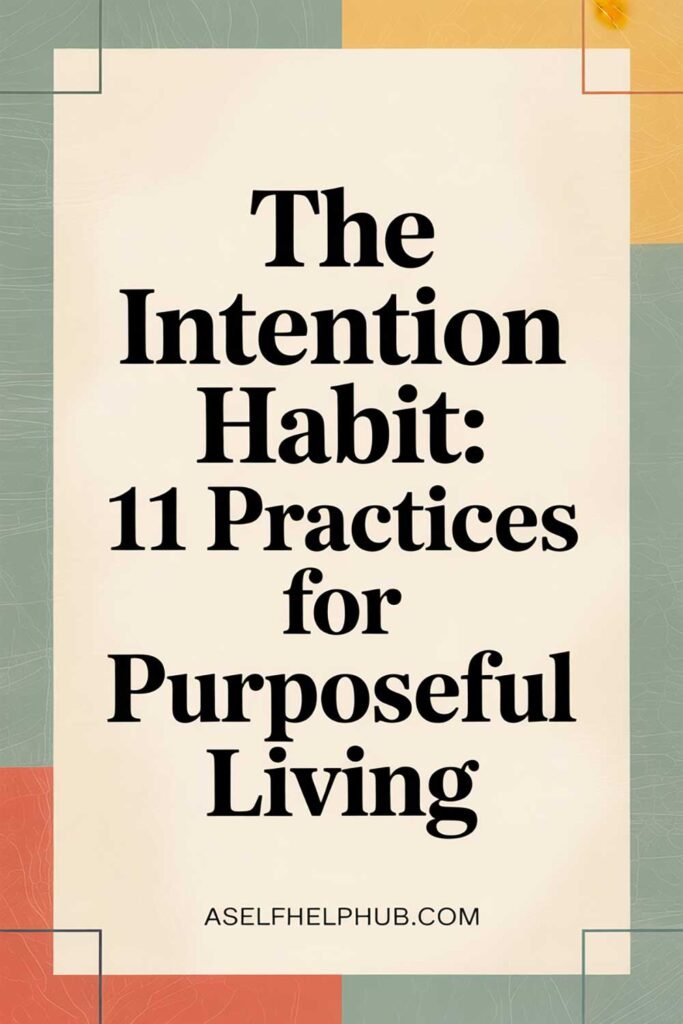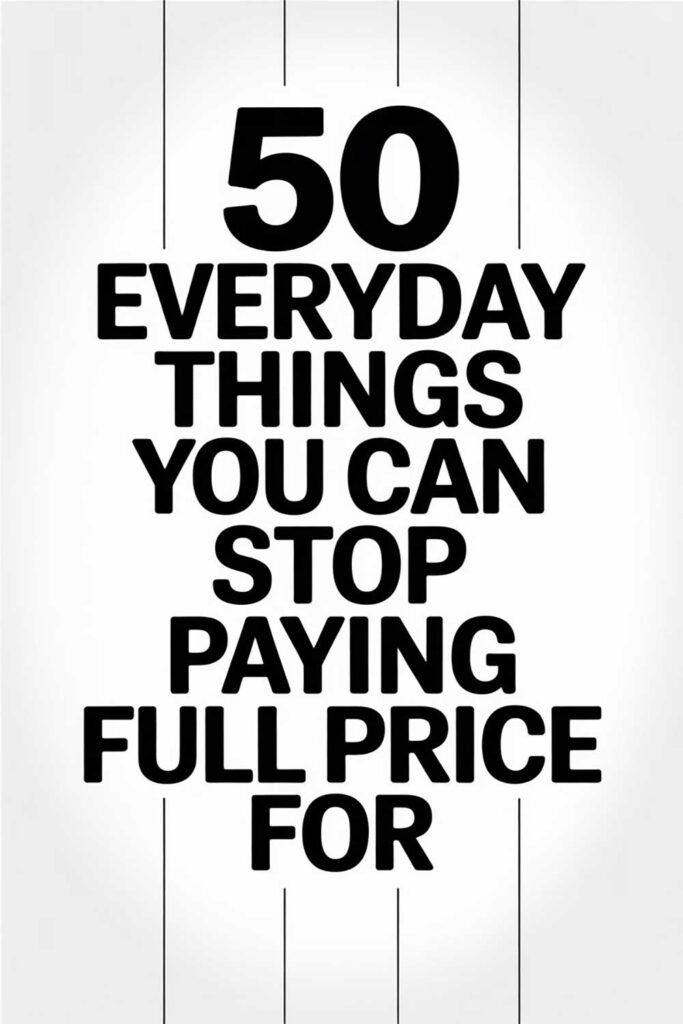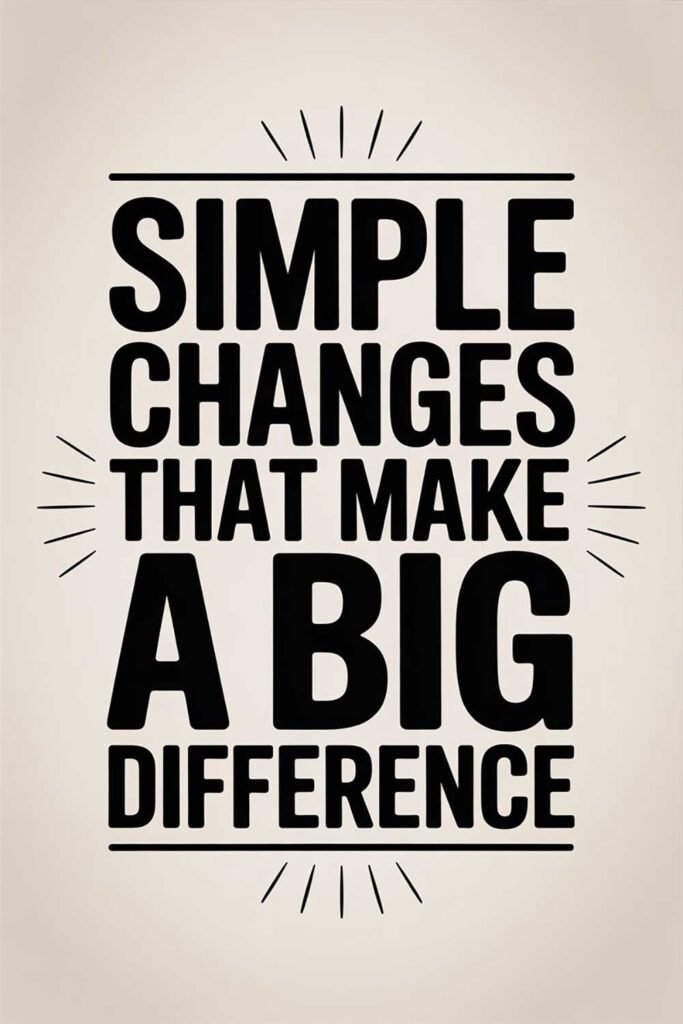
How Zero-Based Budgeting Works and Why It’s So Effective
In today’s fast-paced, financially uncertain world, one budgeting method stands out as a true game-changer—Zero-Based Budgeting (ZBB). While traditional budgeting methods often leave money floating without a clear job, zero-based budgeting makes every dollar work for you. It’s more than just tracking expenses—it’s a total money mindset shift.

Whether you’re struggling to make ends meet, trying to save aggressively, or just want to understand where your money actually goes, this powerful technique can transform the way you manage your finances.
Let’s walk through what it is, how it works, and why so many families, entrepreneurs, and everyday people swear by it.
What Is Zero-Based Budgeting?
Zero-based budgeting is a system where your income minus your expenses equals zero. That doesn’t mean you have no money left—it means you’ve told every dollar exactly where to go.
Here’s the key: at the beginning of each month (or pay period), you assign every dollar of your income a job—whether it’s bills, savings, debt repayment, or fun money. Nothing sits idle.
Unlike traditional budgeting, where you just subtract expenses from income and see what’s left, ZBB starts from scratch each time. Every dollar is given a purpose—no more, no less.
The Formula:
Income – Expenses = $0
Expenses include:
- Fixed bills (rent, utilities)
- Variable expenses (groceries, gas)
- Savings & sinking funds
- Debt payments
- Personal spending (yes, fun is allowed!)
Why It Works So Well
- Intentionality: You become hyper-aware of every dollar.
- Control: You stop wondering “Where did my money go?”
- Flexibility: Budgets change monthly based on real life.
- Alignment: Your spending reflects your values and priorities.
- Goal-Focused: You’re always actively working toward something (debt freedom, emergency savings, etc.).
Real-Life Example: Meet the Garcias
The Garcia family has four kids and used to feel like they were always “just getting by.” Paychecks came in and seemed to vanish. Then they started zero-based budgeting.
Each month, they:
- Wrote down their exact income
- Listed every known expense
- Created a category for each dollar (including sinking funds for birthdays and back-to-school)
- Paid themselves first by saving and investing
- Gave themselves an honest amount of fun money
They even made a category for “unexpected things” (because life happens!).
Six months later, they had paid off $4,300 in credit card debt, built a $1,500 emergency fund, and finally took a debt-free family vacation.
How to Start Zero-Based Budgeting in 7 Steps
1. Calculate Your Total Monthly Income
Include your salary, side hustles, child support, benefits—anything that hits your account.
2. List ALL Expenses
This includes everything from rent to birthday gifts. Don’t forget:
- Subscriptions
- Medical co-pays
- Sinking funds (car repairs, holidays, etc.)
- Savings
3. Assign Every Dollar a Job
Even if it’s going to savings or “fun,” name it. Give every dollar a mission.
4. Adjust Until It Equals Zero
Your income – expenses = $0. If it doesn’t, keep tweaking.
5. Use Cash Envelopes or Digital Tools
Apps like YNAB (You Need A Budget), GoodBudget, or even Google Sheets can help track each category.
6. Track Spending Weekly
Don’t wait for the end of the month. Stay aware of your spending daily or weekly.
7. Revise Monthly
Life changes—so should your budget. Each month is a fresh start.
Common Mistakes to Avoid
- Forgetting irregular expenses
- Being too strict (no fun = budget burnout)
- Not involving your partner/spouse
- Giving up after one bad month
Remember: budgeting is a skill, not a personality trait. You’re learning.
Real-Life Example: Erica’s Comeback
Erica was a single mom earning $2,800/month. After rent, groceries, and gas, she felt stuck. She tried zero-based budgeting and was surprised to find $200/month she could save.
Over a year, that $200 became $2,400—enough for emergency savings, car repairs, and a weekend trip with her son. “It wasn’t magic,” she said. “It was math, plus a plan.”
20 Quotes About Budgeting & Financial Purpose
“A budget is telling your money where to go instead of wondering where it went.” – Dave Ramsey
“The art is not in making money, but in keeping it.” – Proverb
“Don’t save what is left after spending. Spend what is left after saving.” – Warren Buffett
“Too many people spend money they haven’t earned to buy things they don’t want.” – Will Rogers
“Your money should work for you, not the other way around.” – Unknown
“Budgeting isn’t about limiting yourself—it’s about making the things that matter possible.” – Unknown
“When you master your money, you master your life.” – Unknown
“Beware of little expenses. A small leak can sink a great ship.” – Benjamin Franklin
“A budget is the first step to financial freedom.” – Unknown
“Financial peace isn’t the acquisition of stuff. It’s learning to live on less than you make.” – Dave Ramsey
“Zero-based budgeting is giving every dollar a mission.” – Unknown
“It’s not about how much money you make. It’s about how you manage it.” – T. Harv Eker
“Saving money is a habit, not a number.” – Unknown
“Wealth consists not in having great possessions, but in having few wants.” – Epictetus
“Discipline is the bridge between goals and accomplishment.” – Jim Rohn
“Start where you are. Use what you have. Do what you can.” – Arthur Ashe
“A simple plan beats a complex one you can’t follow.” – Unknown
“Make your budget your blueprint, not your burden.” – Unknown
“Every dollar should have a destination before it’s spent.” – Unknown
“Clarity around money creates peace of mind.” – Unknown
🧠 Picture This
You sit down at the kitchen table with your monthly paycheck in hand. No more guesswork. No more anxiety. Every dollar now has a destination—rent, groceries, savings, family fun night. You feel in control, empowered, and calm.
Instead of reacting to money emergencies, you’re prepared for them. You know exactly how much is going to your goals, how much you’ve saved, and what’s left for life’s joys. That’s the power of zero-based budgeting.
What would your life look like if every dollar worked for you?
📣 Please Share This Article
If this article helped you understand how zero-based budgeting works, please share it with someone who wants more control over their money. Let’s spread financial peace—one budget at a time.
⚠️ Disclaimer
This article is based on personal experiences, financial knowledge, and publicly available resources. It is intended for educational purposes only. Please consult with a licensed financial advisor before making financial decisions.






